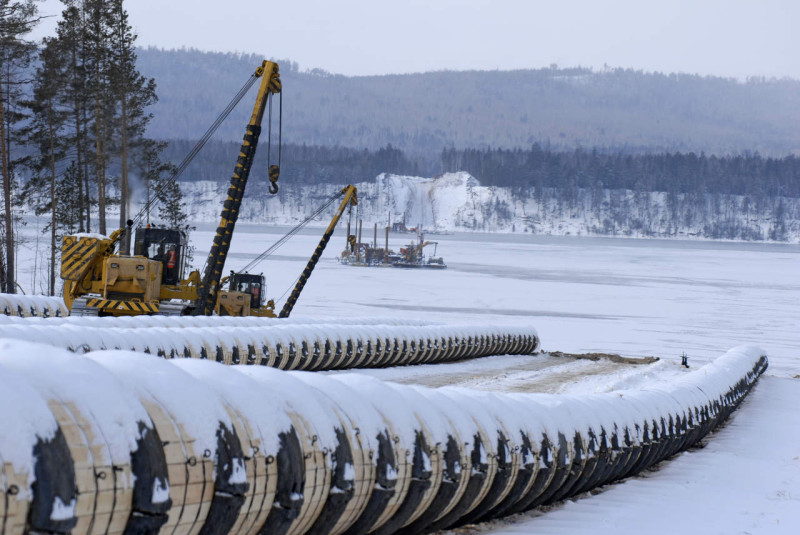Russia's Transneft Slams Rosneft Over Tainted Oil Crisis
MOSCOW (Reuters) - Russian state-owned pipeline monopoly Transneft criticised oil producer Rosneft on Monday, alleging it had dragged its feet over quality controls and making unsubstantiated damages claims.

Transneft said that Rosneft had been unwilling to help resolve a contaminated oil crisis in the Russian Druzhba export pipeline which began in late April, and that the oil producer was seeking compensation from it without any grounds.
Rosneft said that it had read Transneft's statement with "regret" and "bewilderment".
"Instead of not so constructive comments, we'd like to see a clear and public plan of measures," Rosneft said in a statement.
The oil contamination, the largest in the history of the Druzhba pipeline, which was built in 1960s, has undermined Russia's reputation as a energy supplier and led to the suspension of operations at several oil refineries in Europe.
It also revived old tensions between the two companies which are both run by close allies of Russian President Vladimir Putin, Rosneft's Igor Sechin and Nikolai Tokarev at Transneft.
Despite formally denying any strife between their CEOs, the two companies have repeatedly clashed in the past over a number of issues, only declaring a truce over the last year.
"Letters, on behalf of Rosneft, were sent to the authorities of the country with claims of compensation without any documents which could confirm any real losses or real damages," Transneft said in a statement.
Daily newspaper Kommersant reported in June that Rosneft had received claims from Belarus' Belneftekhim for $155 million and from Poland's Orlen for $0.45 million and wanted Transneft to guarantee it will make the payments.
Transneft also said Rosneft had openly blocked a pipeline transport bill, which included oil quality control measures.
Sechin made a business trip to Rosneft's PCK refinery in Germany last week, Rosneft said. He thanked staff there for their timely measures to prevent damage to equipment and the shut-down of the refinery from the supply of "surrogate" oil through Druzhba.
Rosneft also said, given the restrictions in oil supply through the Druzhba pipeline system, additional oil was being delivered to the refinery through the port of Rostock.
Related News
Related News

- Kinder Morgan Proposes 290-Mile Gas Pipeline Expansion Spanning Three States
- Valero Plans to Shut California Refinery, Takes $1.1 Billion Hit
- Three Killed, Two Injured in Accident at LNG Construction Site in Texas
- Tallgrass to Build New Permian-to-Rockies Pipeline, Targets 2028 Startup with 2.4 Bcf Capacity
- TC Energy Approves $900 Million Northwoods Pipeline Expansion for U.S. Midwest
- U.S. Pipeline Expansion to Add 99 Bcf/d, Mostly for LNG Export, Report Finds
- Enbridge Adds Turboexpanders at Pipeline Sites to Power Data Centers in Canada, Pennsylvania
- Great Basin Gas Expansion Draws Strong Shipper Demand in Northern Nevada
- US Poised to Become Net Exporter of Crude Oil in 2023
- EIG’s MidOcean Energy Acquires 20% Stake in Peru LNG, Including 254-Mile Pipeline




Comments